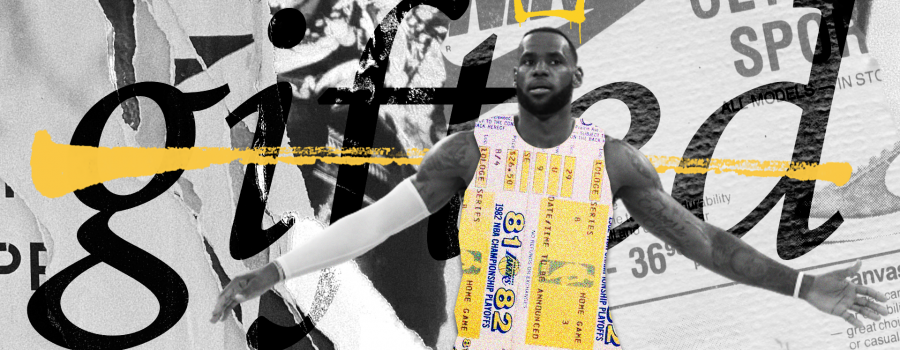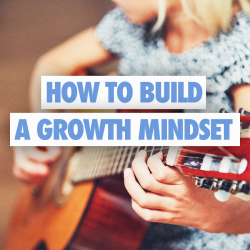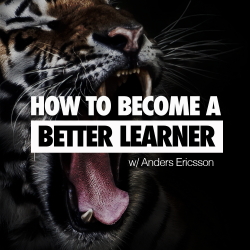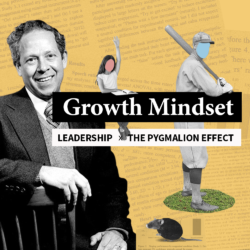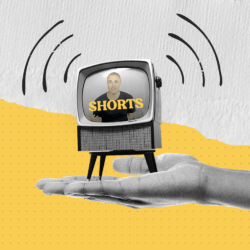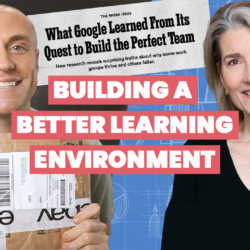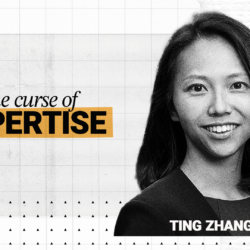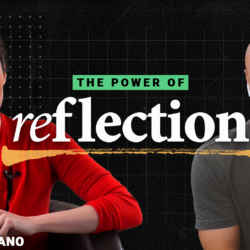When we see someone perform at a high level we love calling them gifted.
We see this in professional sports, in the workplace, and in schools.
“Gifted” is coming from a good place but can send the wrong message.
If I believe I’m gifted, I might take it a step farther and assume that I don’t need to work at that particular skill. I was born with this.
If I’m not so good at a skill, I might assume I’m not gifted and that I can never get better at it. I just wasn’t born with it.
The gifted label can not only limit development, but it also ignores all of the work that went into building the skill.
Are there things we’re born with that help us along the way? Of course. Most of these are physical and environmental.But the actual skills are built.
LeBron is physically gifted for sure. But his basketball skills were earned. Simply calling him gifted does no justice to the thousands of hours he’s spent working at his craft.
So let’s do better.
First, it’s fine to acknowledge the performance, but replace “gifted” with “good.”
“You’ve gotten good at math.”
“You’re really good at programing.”
“You’ve become an effective leader.”
But then we should give a nod to the work that went into being good.
“You must have worked hard at that.”
“I’ve noticed you’ve spent a ton of time on that, it shows.”
As leaders, teachers, parents, and coaches, when we see what’s happening backstage we can give that process some love.
Other times we have no idea about the work that came before. And in this situation, we can use a simple but powerful question:“How did you get good at that?”
That question directs people’s attention to the process they went through to build the skill. It gives them the credit they deserve for doing the work. This can help keep them on the path to more development.
We see a student that’s good at math:
Option 1: You’re gifted at math
Option 2: You’re good at math
Option 3: How did you get so good at math?
Option 1 can hurt the learning process.
Option 2 acknowledges past work.
Option 3 reminds them that they earned it and can keep improving in the future.
It’s ok to believe you’re good at something – just don’t forget where the good came from.

